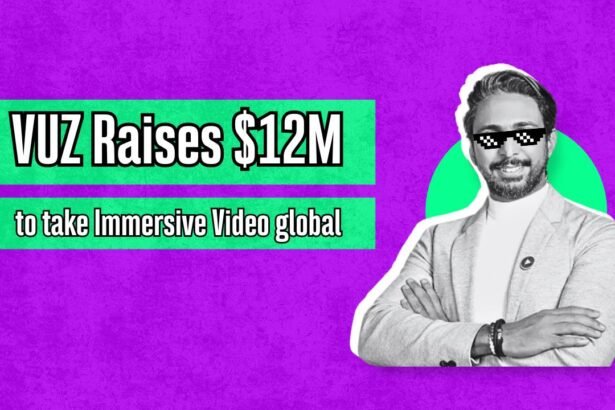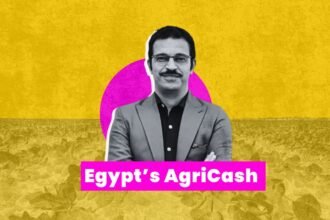VUZ, the immersive video platform formerly known as 360VUZ, just secured $12 million in new funding to expand across emerging markets and the U.S. This pre-Series C round was led by none other than the International Finance Corporation (IFC), a major arm of the World Bank Group. The IFC’s involvement signals serious confidence, especially since they typically focus on infrastructure, not consumer-facing tech.
Other backers include Al Jazira Capital, CrossWork VC’s Success Fund, returning investors, and several well-known Saudi family offices.
Where is VUZ Headed?
VUZ is going big, not just in the Middle East, but across:
- ✅ Saudi Arabia
- ✅ UAE
- ✅ Africa
- ✅ Asia
- ✅ United States
With over 15 million users and nearly 3 billion screen views, VUZ is pushing immersive video into the spotlight. Think 360° experiences of live concerts, football matches, red carpets, and fashion shows, all accessible via smartphones, smart TVs, and even VR headsets like Apple Vision Pro and Oculus.
Not Just Another YouTube or TikTok
VUZ isn’t chasing short viral clips. Instead, it focuses on in-depth, immersive experiences that bring fans closer to real events. The platform has signed exclusive content deals with La Liga and the Professional Fighters League, and works with over 100 content creators reaching a combined audience of 100 million.
Revenue, Profit, and a Smart Biz Model
Here’s how VUZ is winning:
- EBITDA profitability achieved in 2024
- 80% YoY growth in gross profit
- Revenue doubled over the past 2 years
How? VUZ switched up its monetization game:
- ✔️ About 40% of content is now behind a premium paywall (subscription-based or via telecom bundles)
- ✔️ Lean, scalable content production using an “Uber-style” model, giving freelancers equipment and support in exchange for future revenue
- ✔️ Fast post-production with an in-house studio team to get content live quickly
- ✔️ Live commerce features to help creators monetize fashion and beauty content directly
Tech Meets Local Culture
VUZ is not just scaling globally; it’s going hyper-local. It’s building teams across Africa and Asia and partnering with 40+ telecom operators to expand reach.
CEO Khaled Zaatarah puts it best:
“YouTube and Netflix are great, but they’re not building for creators in Nairobi or Riyadh. We’re building a hyper-local product, network, and monetization model—with the infrastructure to scale globally.”
What’s Next?
- New expansions into India, Indonesia, and South Africa
- Continued growth in U.S. markets despite stiff competition
- Strengthening support for underserved creators and emerging creator economies




